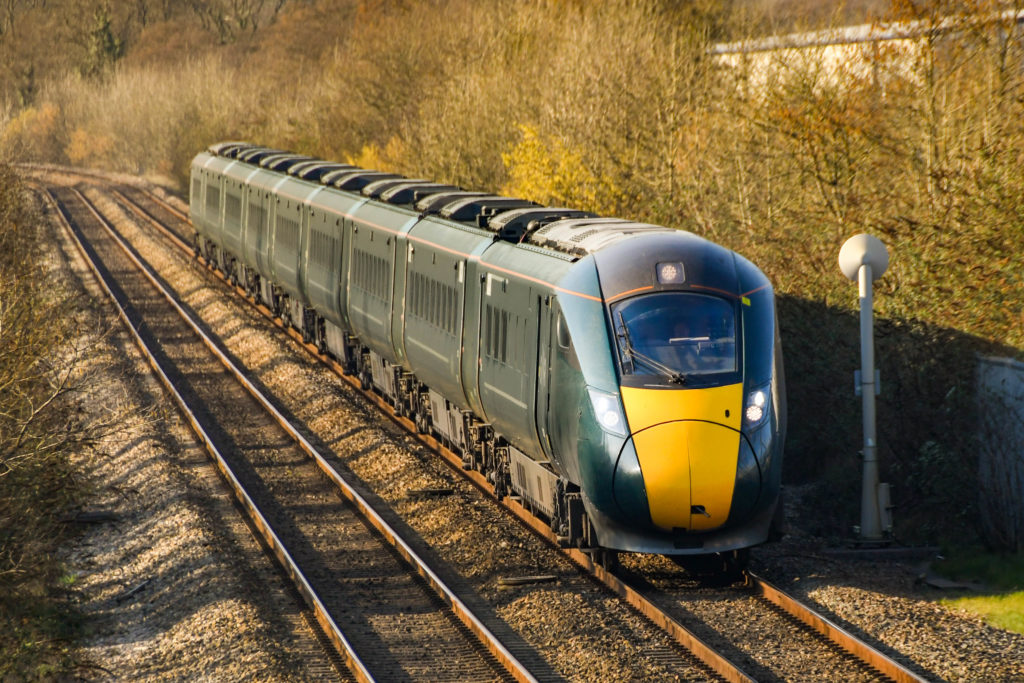Leased trains for future Great British Railway operation?
With relatively short-lived train operating contracts being let under the current arrangements it was inevitable and sensible for rolling stock leasing companies (known as ROSCO’s) to be set up to fund rail vehicle purchase for train operators to use. Banking and finance companies have invested in them. Does the industry need them in either the short or long term or in future should they be replaced by rolling stock owned by Great British Railways?
The Office of Rail and Road currently lists just nine owning and leasing organisations supplying coaches, locomotives and freight wagons to operators and four companies which are currently building new rolling stock in Britain. Recent well reported problems with some of the newest passenger trains on the East Coast and Great Western Main lines, together with concerns expressed in recently published reports by the Rail Accident Investigation Branch about freight train inspection and maintenance has led me to wonder if changes would be beneficial?

Over recent decades I question whether the balance of investment between infrastructure renewal, maintenance and improvement of rolling stock was right? Were we prematurely buying in replacement passenger rolling stock driven by would-be train operators seeking to gain new contracts? Competitive tendering has arguably resulted in some rolling stock being prematurely retired or cascaded. Some HST’s (High Speed Trains) were cascaded to secondary lines when replaced by the new Hitach 800 ones but continue to operate elsewhere. When the Hitachi problems were discovered the temporary return of the 225’s was considered.
It was back in the early 1970’s when civil engineering designed facilities including maintenance sheds etc at Bounds Green, Heaton and Neville Hill were built. I recall these as I worked on the designs.
In the North East, Tyne and Wear Metro rolling stock is being replaced for the first time since it opened! Conversely many freight rail haulage companies continue to use older wagons many of which are difficult to inspect and maintain. I am also concerned that the marketing aspirations of franchising train operating companies in recent years has resulted in premature new train building at the expense of track, signalling and electrification work. Reviewing this I suggest needs to be high on the “to do” list of Great British Railways from the start.
I also see the potential for cost savings in the removal of the need for delays etc to be categorised, costed and attributed when a train is delayed. Costly and unproductive, that kind of approach proved ineffective and not fit for purpose just as the original Railway Clearing Houses set up in the mid 1800’s did!

